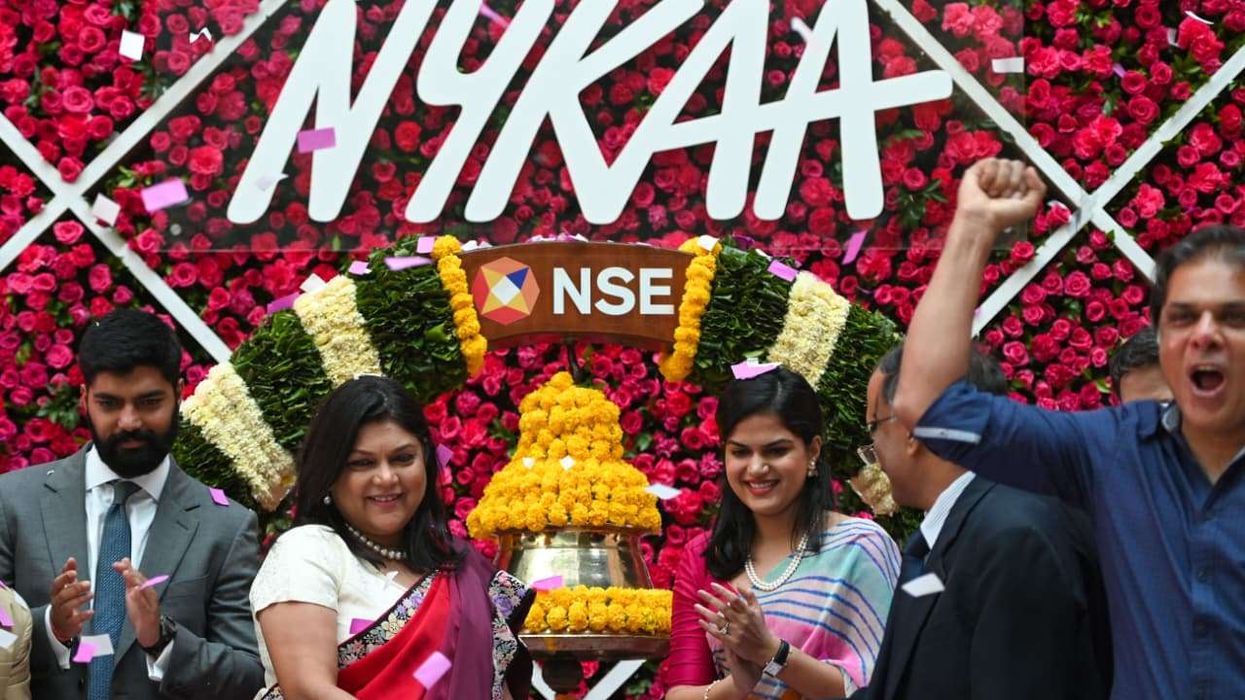INDIA's top court on Wednesday (23) set aside an appeals tribunal order that allowed settlement of a payment dispute between the Indian cricket body and education technology company Byju's, handing a win to its US lenders who had opposed the settlement and a halt to insolvency proceedings.
Byju's was undergoing insolvency proceedings following a complaint by India's cricket control body which said it was not paid sponsorship dues. The two sides subsequently settled the dispute and the appeals tribunal halted the insolvency process.
However, in a ruling delivered on Wednesday, the Supreme Court of India said that the National Company Law Appellate Tribunal's earlier ruling allowing the settlement was incorrect as the company's founders could not have directly approached the appeals tribunal for settlement after the start of insolvency proceedings.
The settlement application, the court said, should have been filed through the company's insolvency administrator and before the National Company Law Tribunal (NCLT).
A spokesperson for Byju's declined to comment on the latest ruling.
Glas Trust - which represents US lenders who are claiming $1 billion (£820 million) in dues from a loan to Byju's - did not immediately respond to a request for comment.
Glas Trust had appealed the original settlement. It accuses the founders of Byju's of misusing the loan, something previously denied by Byju Raveendran.
The start-up was valued at $22bn (£18.04 bn) in 2022 before suffering setbacks including boardroom exits, an auditor resignation, and a public spat with foreign investors over alleged mismanagement. The company has denied any wrongdoing.
Raveendran spoke with the media last week for the first time since the insolvency case began and expressed hopes of staging a comeback.
"Whatever is coming, I will find a way out," he said.
Wednesday's order also asked for the settlement amount paid by Raveendran's sibling and co-founder Riju to be deposited with the lenders panel overseeing the insolvency process against the company.
(Reuters)


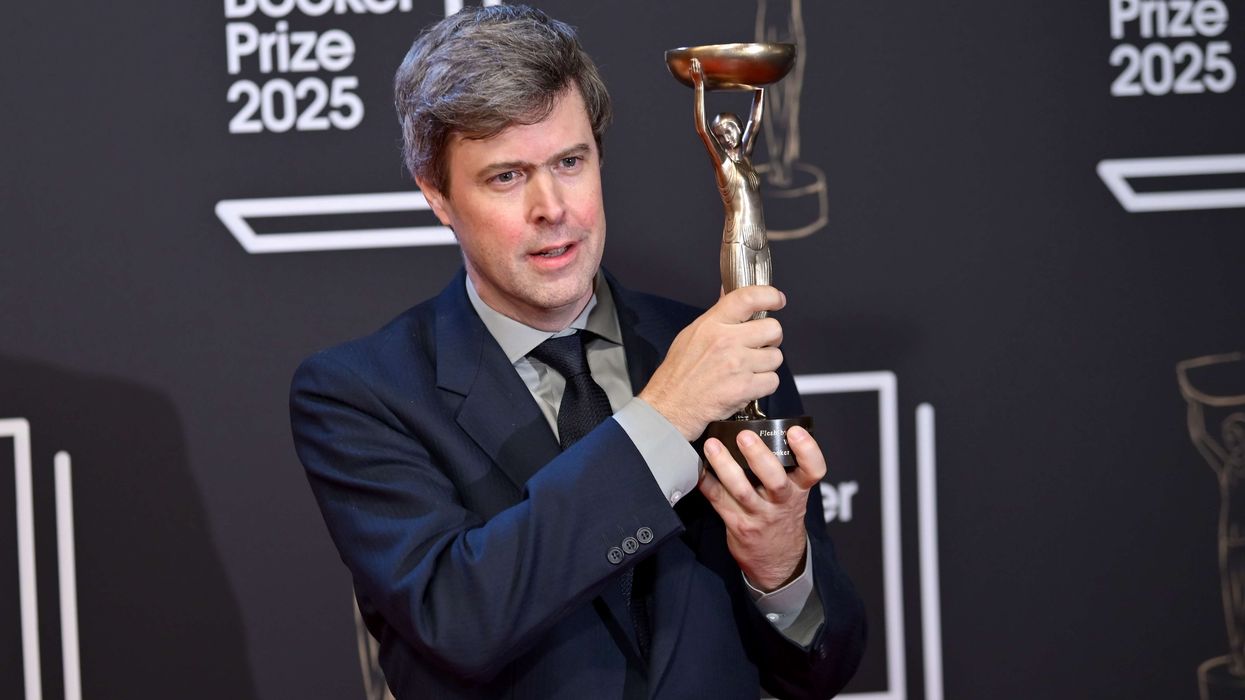

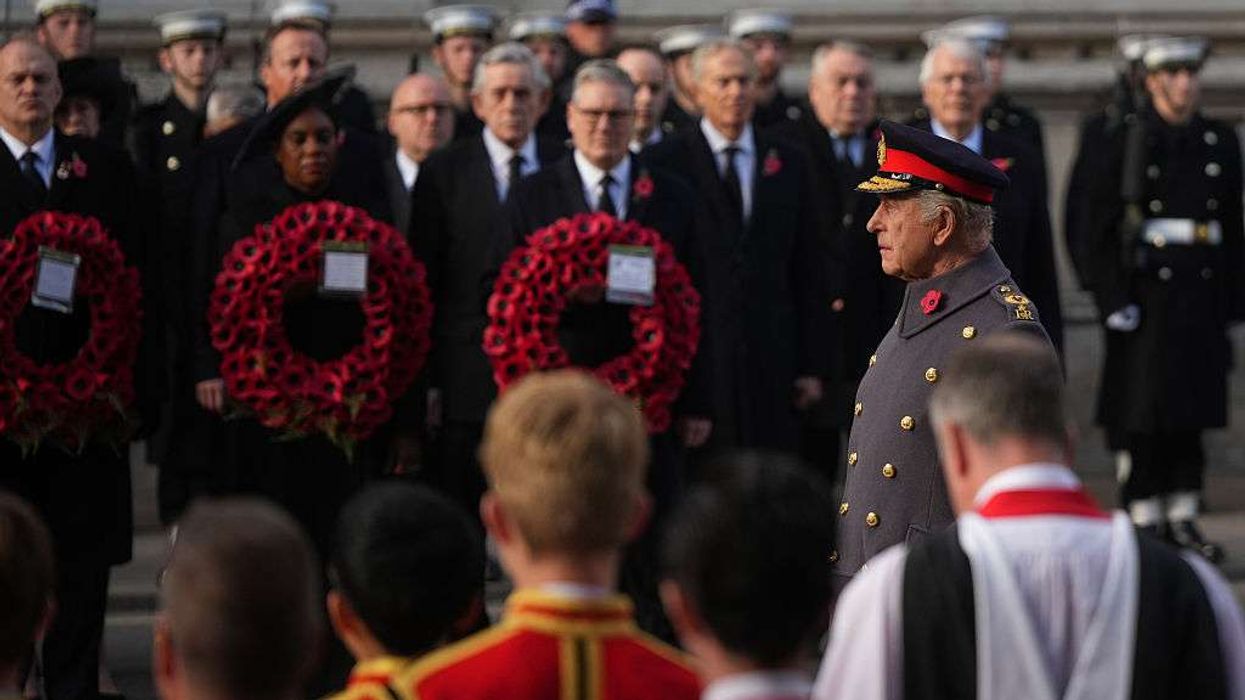
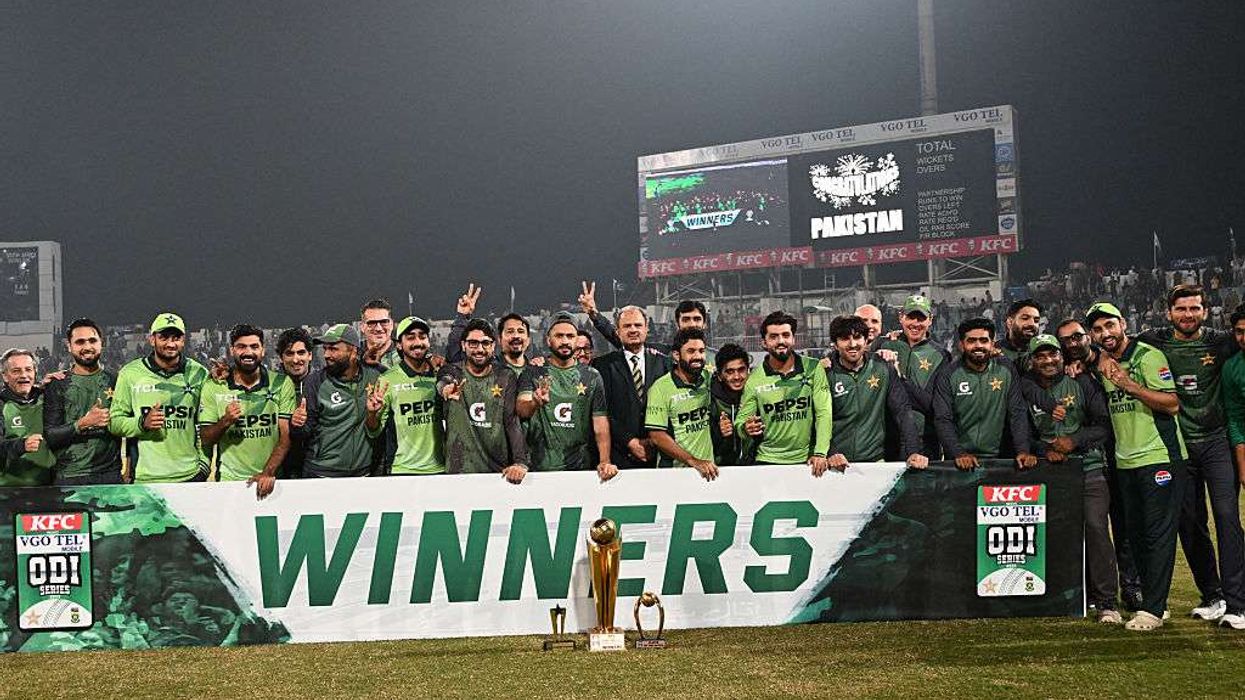
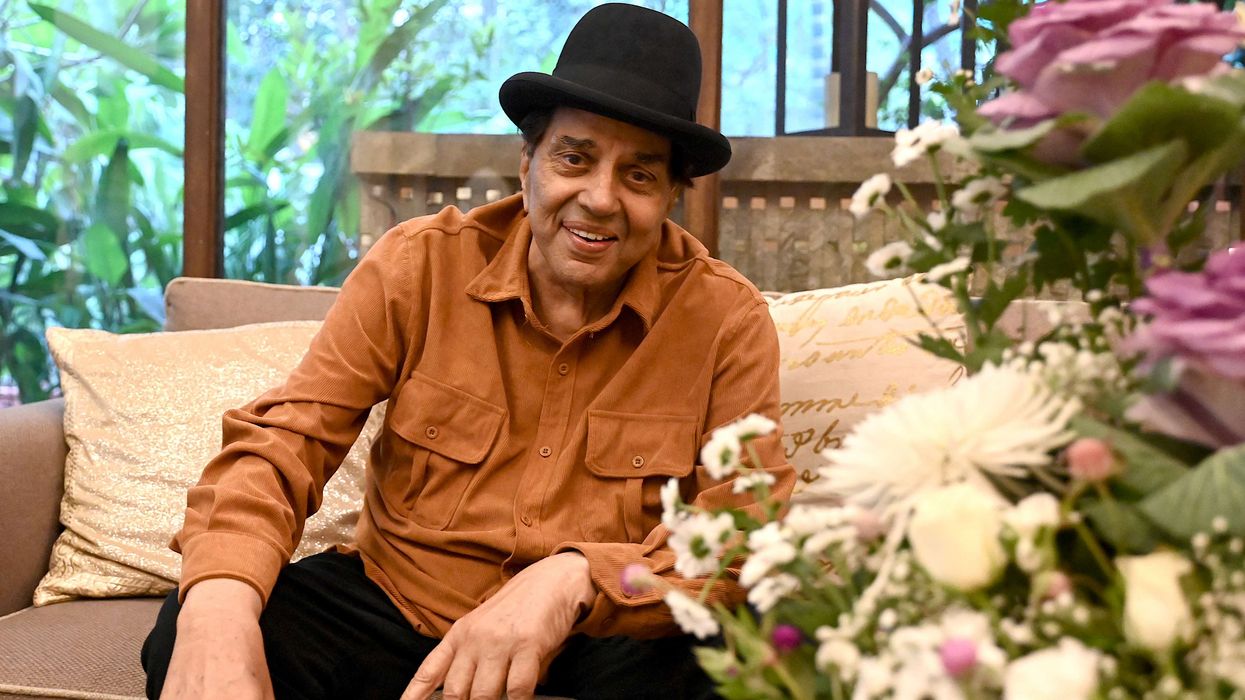
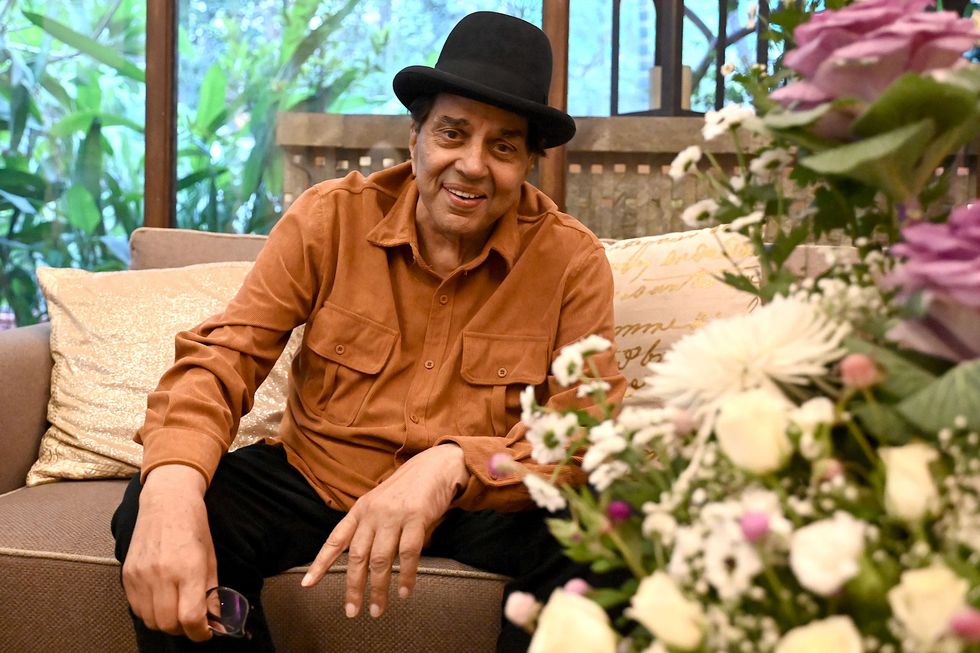 Dharmendra discharged from hospital, family says veteran actor is recovering well under care at home Getty Images
Dharmendra discharged from hospital, family says veteran actor is recovering well under care at home Getty Images 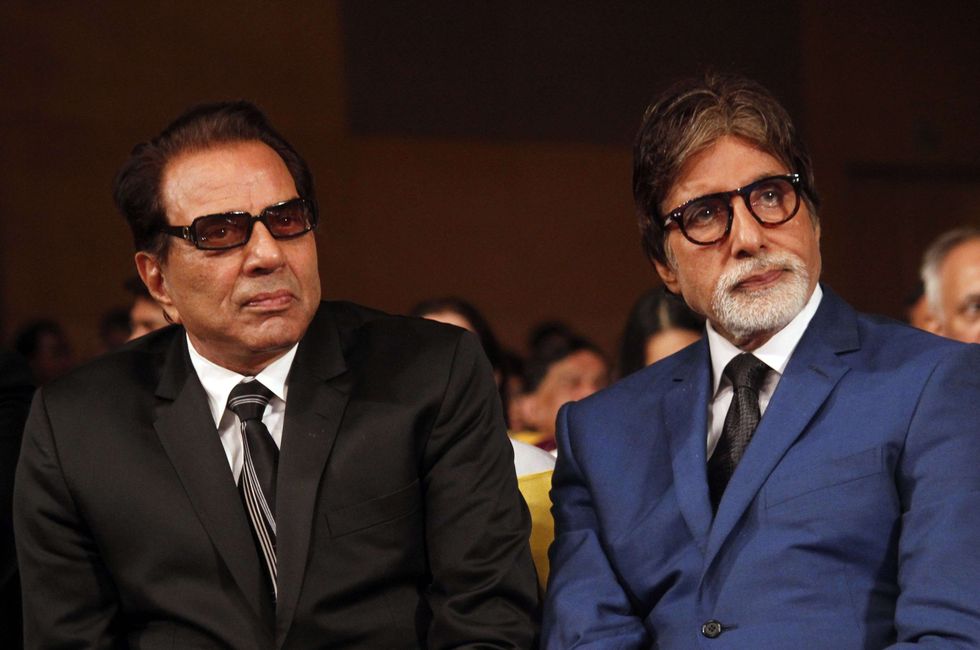 Amitabh Bachchan visits his Sholay co-star following the actor’s recovery from hospitalGetty Images
Amitabh Bachchan visits his Sholay co-star following the actor’s recovery from hospitalGetty Images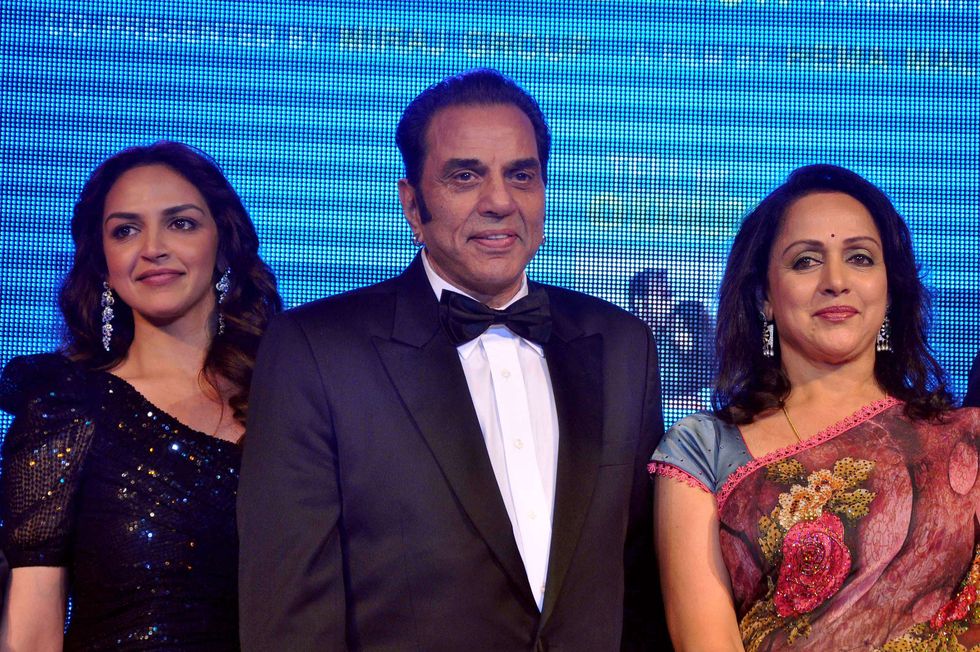 Hema Malini and Esha Deol thank well-wishers for their constant supportGetty Images
Hema Malini and Esha Deol thank well-wishers for their constant supportGetty Images






